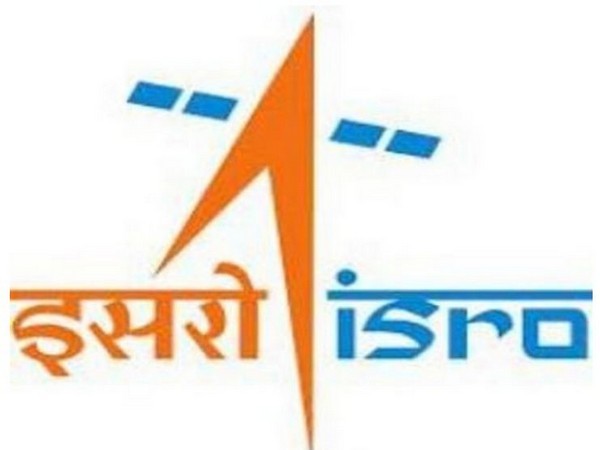India's Space Docking Experiment Postponed Amid Unique Microgravity Plant Study
India has postponed its anticipated space docking experiment by two days, aiming to join the ranks of countries capable of performing complex missions vital for deep space exploration. The delay allows further validation through simulations. The mission, initiated in December, also explores plant growth in microgravity.

In a significant move relating to space exploration, India has delayed its much-anticipated space docking experiment by a few days, initially scheduled for Monday. Aiming to join only a handful of nations capable of this complex maneuver, the Indian Space Research Organisation (ISRO) stated the necessity of further validation through ground simulations due to an identified abort scenario.
The docking test intends to enhance satellite service capabilities, space station operations, and interplanetary missions. This effort positions India as a potential leader in tapping both commercial and exploratory frontiers in space.
Originally launched on December 30, the mission employed a domestic rocket, releasing satellites into orbit. Interestingly, it also carried cowpea seeds to study plant growth in the unique conditions of microgravity, where they successfully germinated and produced leaves.
(With inputs from agencies.)
- READ MORE ON:
- India
- space
- docking
- experiment
- ISRO
- mission
- satellite
- microgravity
- exploration
- plant growth
ALSO READ
Stellantis Unit FCA US to Pay $4.2M Over Emissions Violations
Stellantis Settles $4.2M Emissions Case in California
Controversy Surrounds Dhyan Chand Khel Ratna Omission of Olympian Manu Bhaker
Election Commission Clarifies Voter Turnout Concerns in Maharashtra
India's Satellite Spectrum Allocation: A Telecom Tug-of-War










